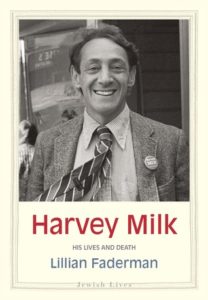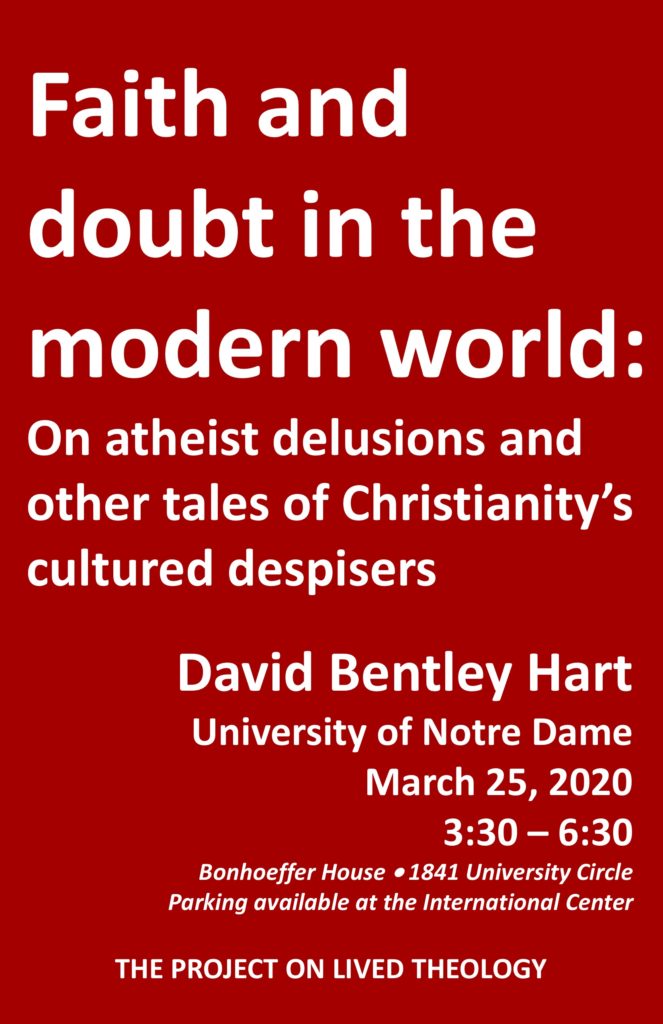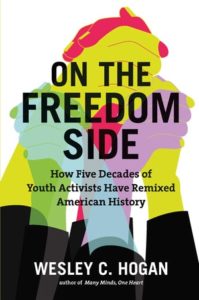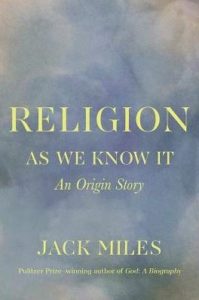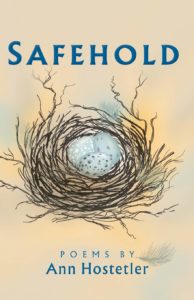 Dreamseeker Poetry
Dreamseeker Poetry
In Safehold, Ann Hostetler has collected and published her poems that communicate what it means to endure a crisis of security. The topics are varied, ranging from 9/11, to the death of both her parents, to the election of the 45th president, but all the poems speak to existential dilemmas Hostetler has dealt with in her life, and ways she has learned to cope with outcomes out of her control. Her poems respond to such questions as, “How do you live your everyday life, treasuring what you love while embracing painful things that you wish hadn’t happened?”
While Hostetler does not consider herself a Christian poet or a Mennonite poet, which is the faith she was raised in, her poems are undeniably influenced by her upbringing, causing this book to be acclaimed as a “true work of Christian poetry.” This book, and Hostetler’s poems as a whole, invite a thought-provoking, spiritual outlook on dealing with a loss of assurance.
For more information on the publication, click here.
Reviews and endorsements of the publication include:
“Hostetler, who has done so much for Mennonite literature as teacher and editor, now gives us a second collection of her own plainspoken poems. Their message? Refuse to be shunned. Breathe. Build an ark. Seek forgiveness not perfection. Write what you love. Again and again, she calls us to everyday mindfulness in the midst of our grief: failing parents, worrisome children, the world’s uncertain course. Honest and wise, this book is a tonic for our times.” —Julia Spicher Kasdorf, Author, Shale Play: Poems and Photographs from the Fracking Fields
“Hostetler gathers her living and dead into these poems, generations of seekers and travelers, and seats them at the table, telling stories that serve as a safehold against the confusion and violence of the world, while also using ‘the bellows of the breath’ to praise beauty, to comfort with a failing yet steadfast love. The poet confesses, ‘All my life I’ve tried to live as though / the body were the soul, ‘ and to that end Hostetler’s rich poems are incarnational meditations so very necessary for survival. —Todd Davis, Author, Native Species and Winterkill
“Safehold teaches what I never want to forget: that all people are my neighbors, that my mother is my original love, that any child shunned, slaughtered, shamed is my child. Hostetler has written a true work of Christian poetry: these poems incarnate Christ’s elegant, dark hand, unknowable and open, ready to carry us all.” —Rebecca Gayle Howell, Author, American Purgatory
Fellow travelers are scholars, activists, and practitioners that embody the ideals and commitments of the Project on Lived Theology. We admire their work and are grateful to be walking alongside them in the development and dissemination of Lived Theology.

